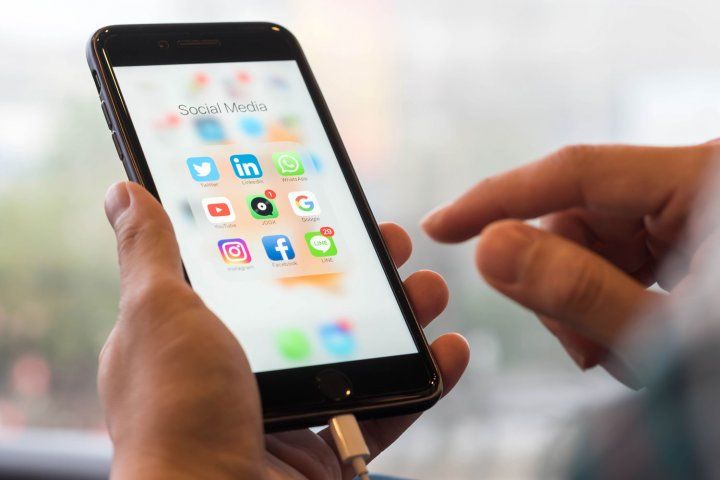
In the week after former President Donald J. Trump tweeted about "the Chinese virus," the number of coronavirus-related tweets with anti-Asian hashtags rose precipitously, a new study from UC San Francisco has found.
The study examined nearly 700,000 tweets containing nearly 1.3 million hashtags, the week before and after the president's tweet on March 16, 2020, to see whether his use of the term "Chinese virus" - an expression that public health experts warned against using - may have led others to use anti-Asian language on Twitter.
They found that users who adopted the hashtag #chinesevirus were far more likely to pair it with overtly racist hashtags.
By contrast, those who adopted #covid19, the WHO's official name for the disease and the term recommended by public health experts, were far less likely to include racist hashtags in their tweets.
The study, published March 18, 2021, in the American Journal of Public Health, comes as the country has experienced a rash of violent attacks on people of Asian descent and lends support to warnings by public health experts that naming a disease after a place or a group of people is stigmatizing.
"These results may be a proxy of growth in anti-Asian sentiment that was not as prevalent as before," said Yulin Hswen, ScD, MPH, an assistant professor of epidemiology and biostatistics at UCSF and a member of the Bakar Computational Health Sciences Institute. "Using racial terms associated with a disease can result in the perpetuation of further stigmatization of racial groups."
Researchers chose to analyze hashtags, rather than the content of the tweets themselves, because hashtags have been shown to act as a predictor of the formation of hate groups and the occurrence of hate crimes.
The researchers manually coded each of the hashtags, labeling a hashtag anti-Asian if it expressed hostility towards the region, people or culture of Asia; demonstrated fear, mistrust and hatred of Asians; supported restrictions on Asian immigration; or used derogatory language or condoned punishment of Asian countries and people.
The results showed a large difference in anti-Asian sentiment between the kind of hashtags that appeared in tweets with #covid19 and those that appeared in tweets with #chinesevirus. About 20 percent of the nearly 500,000 hashtags with #covid19 showed anti-Asian sentiment, but anti-Asian bias was apparent in half of the more than 775,000 hashtags with #chinesevirus.
When they looked to see whether the timing of the president's tweet had any effect, they saw that the number of anti-Asian hashtags associated with #chinesevirus grew much faster after his March 16 tweet, which said, "The United States will be powerfully, supporting those industries, like Airlines and others, that are particularly affected by the Chinese Virus. We will be stronger than ever before!"
Hswen said the results of the study demonstrate how important it is to use neutral language when naming diseases and other threats to public health. And she expressed alarm that as recently as March of 2021, former president Trump referred to the Covid-19 vaccine as the "China Virus Vaccine."
"Chinese virus, China virus, Wuhan virus, or any derivative of these terms is not something we should be using," she said. "We should not be attaching location or ethnicity to diseases."
Authors: Joining Hswen in the study were Xiang Xu, MS, Jared B. Hawkins, PhD, and John S. Brownstein, PhD, all of Boston Children's Hospital; Anna Hing, MPH, of the University of California Los Angeles; and Gilbert C. Gee, PhD, of Harvard Medical School.
Funding: The National Library of Medicine R01LM011965.
Disclosures: None
The University of California, San Francisco (UCSF) is exclusively focused on the health sciences and is dedicated to promoting health worldwide through advanced biomedical research, graduate-level education in the life sciences and health professions, and excellence in patient care. It includes UCSF Health, which comprises three top-ranked hospitals, as well as affiliations throughout the Bay Area.






